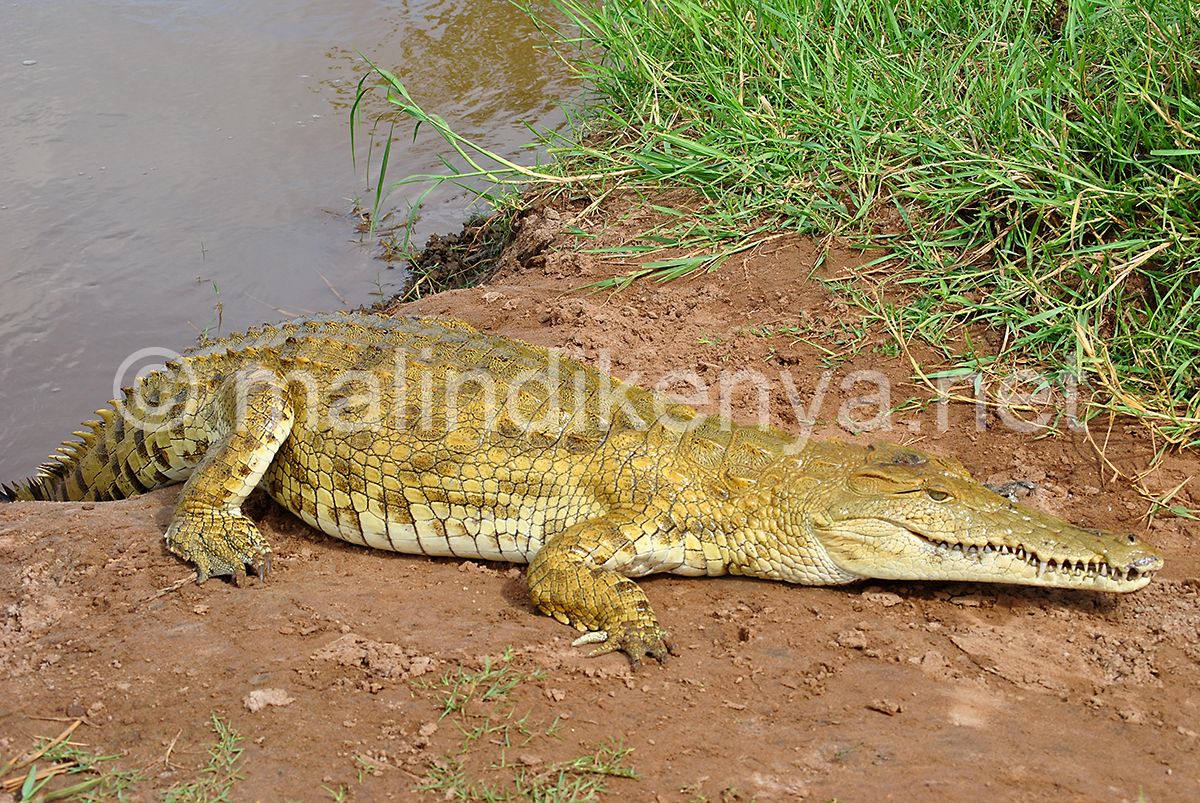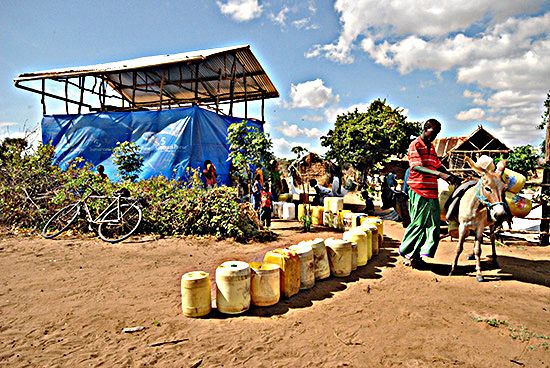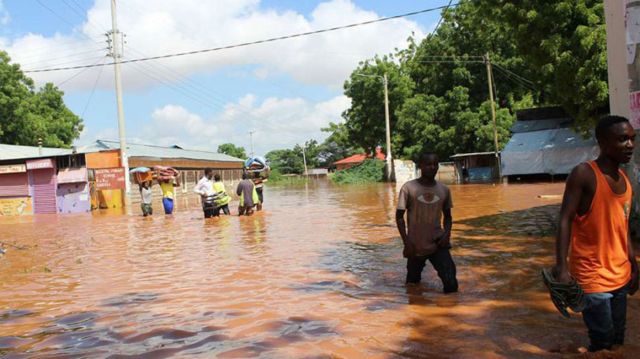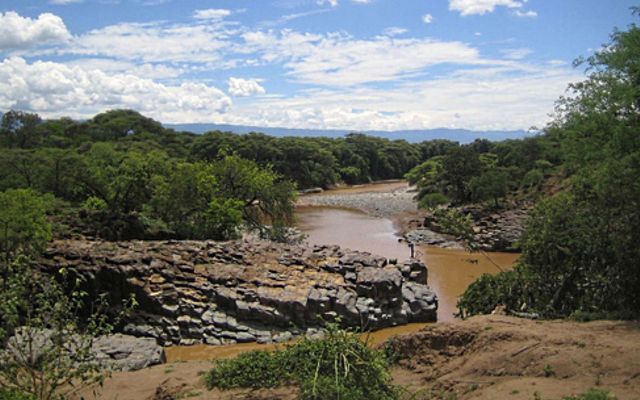
ENVIRONMENT
10-04-2022 by Leni Frau

Crocodile egg collecting is becoming a business for those living in the riverine areas of Kenya. Clearly this is not an easy job, but it is not even considered poaching because it takes a regular license to trade the eggs and the trade itself is carried out on the basis that there is great demand for crocodiles in reptile parks and in some particular lodges and reserves that for various reasons are becoming underpopulated with these specimens.
In short, as a report in the Daily Nation newspaper describes, crocodile "egg hunters" are the primary protectors of the animals, as their livelihood depends on their survival and that of their eggs.
The ability to track down crocodile spawning sites on the Tana River, the most flourishing place for this activity, has been handed down from generation to generation. First of all it is necessary to know the territory and understand where the crocodiles find their ideal environment to lay, then it is also possible to create ad hoc places, thinning the nearby brush and facilitating their path, leading the crocodiles themselves to choose them and prefer them to those they should create themselves. Another precaution to be used is to guard newly laid eggs because other animal species, including monitor lizards, are greedy for eggs before they hatch.
Obviously, the most attention should be paid to the voracious predator, which may be roaming the area.
Crocodiles usually come out to lay eggs in November, December and January.
They move a few dozen feet away from the riverbed and dig a hole. They then lay their eggs and cover them with soil and trash before returning to the water.
To ensure an easy harvest, hunters prepare the laying ground for the crocodiles by clearing brush near the river to create an open space for them to lay their eggs.
An adult crocodile can lay up to 60 eggs each season, juveniles 25 to 40.
A crocodile egg sells for between 50 and 100 shillings.
A skilled egg collector, capable of bringing them to safety at the right time, can earn up to 60,000 shillings (about 500 euros) per season.
Once the demand for crocodiles was higher and the earnings had led many farmers in the Tana River area to build artificial nests and think of buying incubators for mass production, lately, also for the known problems of pandemic and decline in tourism, this profession that is legitimized by the Kenya Wildlife Service that performs checks cyclically to check the validity of licenses and methodology of work, is likely to disappear. Perhaps no one will notice the extinction of crocodiles, animals that also create problems for humans, but they too are a species to be protected, like hippos that remain the number one killer of humans in Africa.
NEWS
by redazione

Are already two international companies who raise crocodiles taken along the Galana River, inland from Malindi, then kill them and sell the skin and in the second instance, the meat.
In the Country of the Protection of the savannah animals,...
NEWS
by Freddie del Curatolo

Climate change and pandemic, a lethal mix that has created 400 thousand new hungry people on...

The Commission office Ethics and Anti-Corruption (EACC) for the North Coast of Kenya inaugurate the office in Malindi.
It was the Deputy Director General of the Commission, Michael Mubea, to formally open the seat, after a week of awareness in...
ENVIRONMENT
by Freddie del Curatolo

Did you know that the tortoise, like man, can be recognised because it has a face that is...
ENVIRONMENT
by Leni Frau

Today marks World Turtle Day, a particularly important and heartfelt day for Kenya and for the associations that...

In Kenya they call it "Mayayi Shaki Shuka," and it is the equatorial version of an ancient dish of Persian...
WILDLIFE
by Leni Frau

There is also an antelope found only in Tsavo East and West, among the ten...
NEWS
by redazione

The first rains after many months of drought are always the worst. The people of Kenya know this, but...
RECIPES
by redazione

Zege (or Zegee) is a kind of salted omelette with potatoes and is one of the delicacies prepared by kiosks and fried food shops outside shops and on the edge of Kenya's streets, especially on the coast of Kenya. It...
ENVIRONMENT
by Leni Frau

The small and wonderful Kamnarok lake is at risk of drying up and crocodiles are the first to...
CORONAVIRUS
by redazione

While yesterday the Ministry of Health announced the official data for the last 24 hours, reporting...